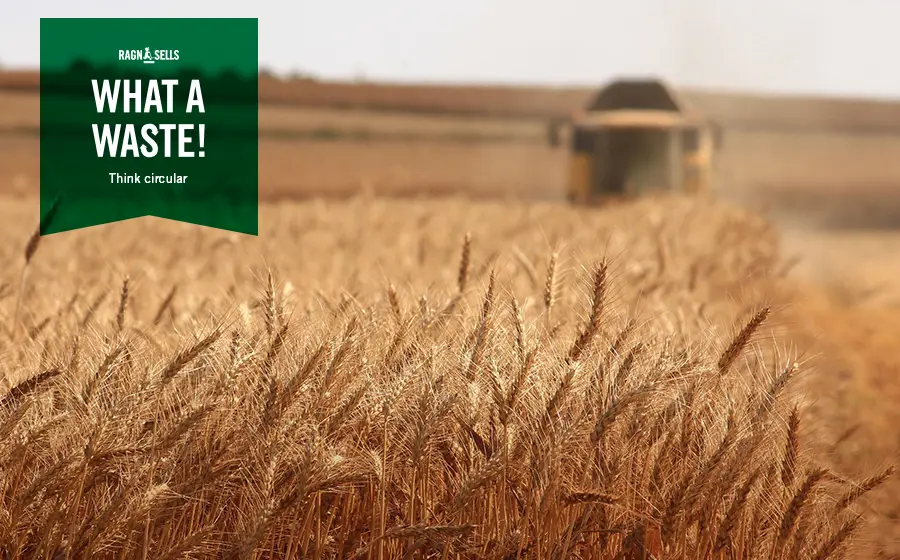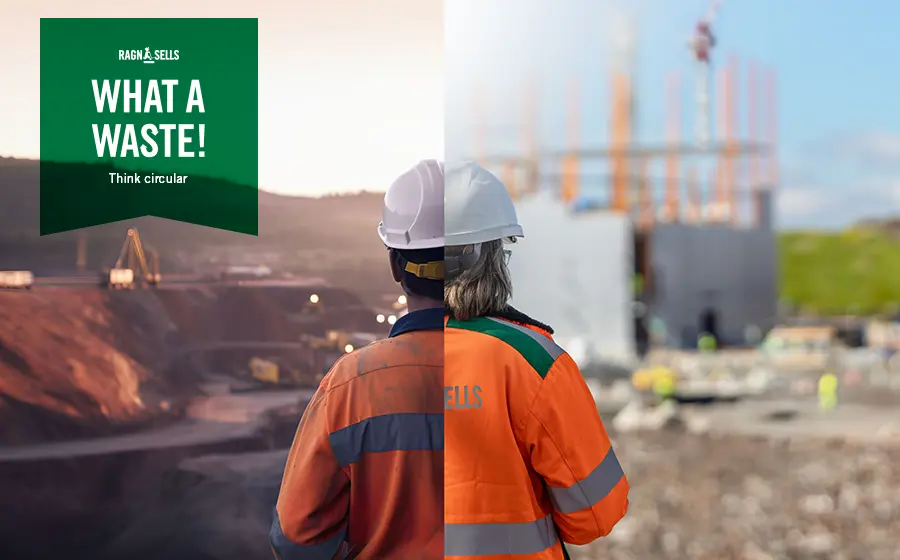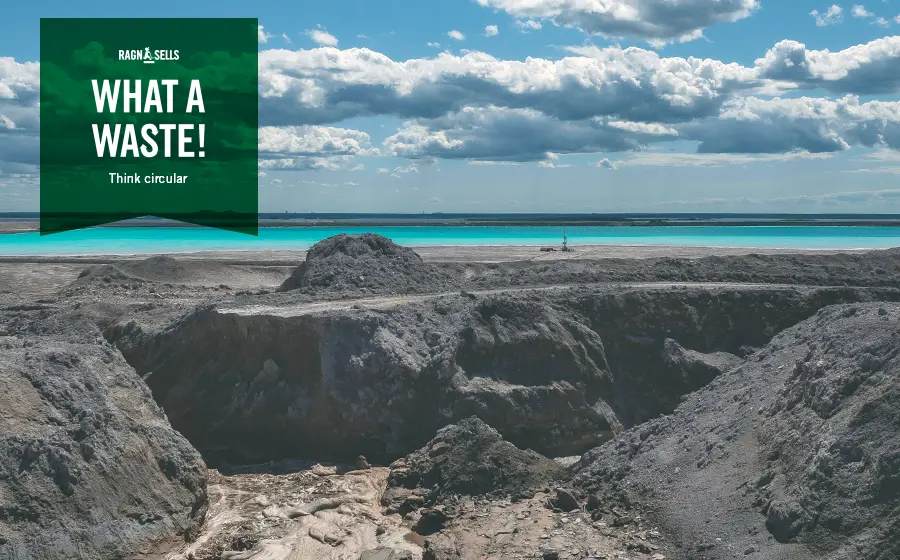
WHAT A WASTE!
For hundreds of years, mankind has been mining new raw materials like there’s no tomorrow. We produce food, make products, build houses and roads. And once what we’ve made has served its purpose, we dump it as waste. And then we start all over again.
See the video about What a Waste!
The way we extract raw materials and produce new things is responsible for half of the world’s climate emissions and 90% of the threat to biodiversity.* The recycling rate is falling. Not because we’re recycling less, but because we constantly demand more from nature. Since the turn of the millennium alone, our extraction of virgin raw materials has increased by 70%. And soon Earth’s resources will be gone.
Depressing? You bet. But the truth is, the solution is right in front of our eyes. Namely our waste. All we need to do is change the way we look at it. Today’s legislation means it’s cheaper to mine new raw materials than to use existing technology to recycle and reuse everything we’ve already made. What a waste, right?
We think so, too. It’s why we love everything from construction waste and trash to waste oil. Because we understand what a treasure chest they are, and because we have many keys to unlock it. We can turn fish poop into renewable energy and ash into metals and salts. But we want to do more. Because if the global economy becomes just ten percentage points more circular, we still have a very good chance of achieving the climate goals.
We know that the future starts tomorrow, and the way it turns out is up to us. So why think new? Think circular.



